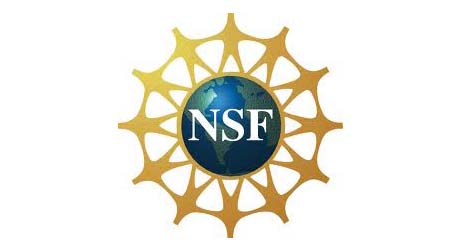
Dr. Hyunsook Do, a 2007 Ph.D. Graduate from the Department of Computer Science, has received an NSF CAREER Award in the amount of $500,000 over five years. The award is an extremely competitive grant offered to faculty in their early careers, with only a small percentage (approximately 5%) of proposals submitted receive funding.
Do is currently an Assistant Professor at North Dakota State University and was the first Ph.D. student to graduate from the ESQuaReD Laboratories at UNL following its establishment. She was also the first from that lab to take a faculty position. Her research focused on software testing under advisor Dr. Gregg Rothermel. The following covers her research, the impact of the department on her career, and the implications of winning the CAREER Award.
Bits & Bytes: What are you researching at the moment?
Hyunsook Do: I'm working on software testing, in particular, focusing on regression testing problems. In my NSF CAREER proposal, I proposed to create cost-effective regression testing techniques that can be applied under different testing processes and domain contexts, and to create regression testing strategies that evaluate regression testing techniques considering system lifetimes in terms of the cost-effectiveness.
BB: What impact do you expect the award to have on your career?
HD: The proposed work will support several graduate and undergraduate students as they work toward their degree goals while also giving them experience with conducting research, developing tools, and conducting empirical studies in the field of software testing. This means my students and I can publish our research results in conferences and journals, which can expand the breath and depth of my research work and ideas. Furthermore, this grant will help produce future researchers and practitioners who can make practical and theoretical contributions to the software engineering community.
BB: You were the first graduate of the ESQuaReD Laboratories. How did this influence your research?
HD: The ESQuaReD group helped me to set higher standards and build a larger vision about research and education. In particular, active interactions among the students and faculty members in the group provided a great opportunity for me to see how academic work environments can be organized.
A list of Do's publications can be found on her faculty page at http://cs.ndsu.edu/~hdo/.